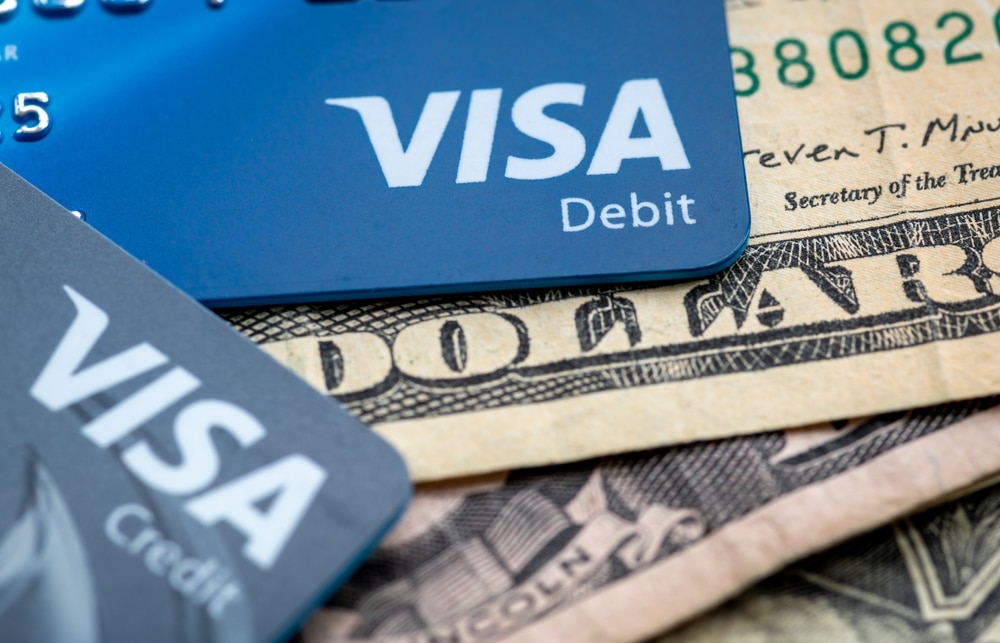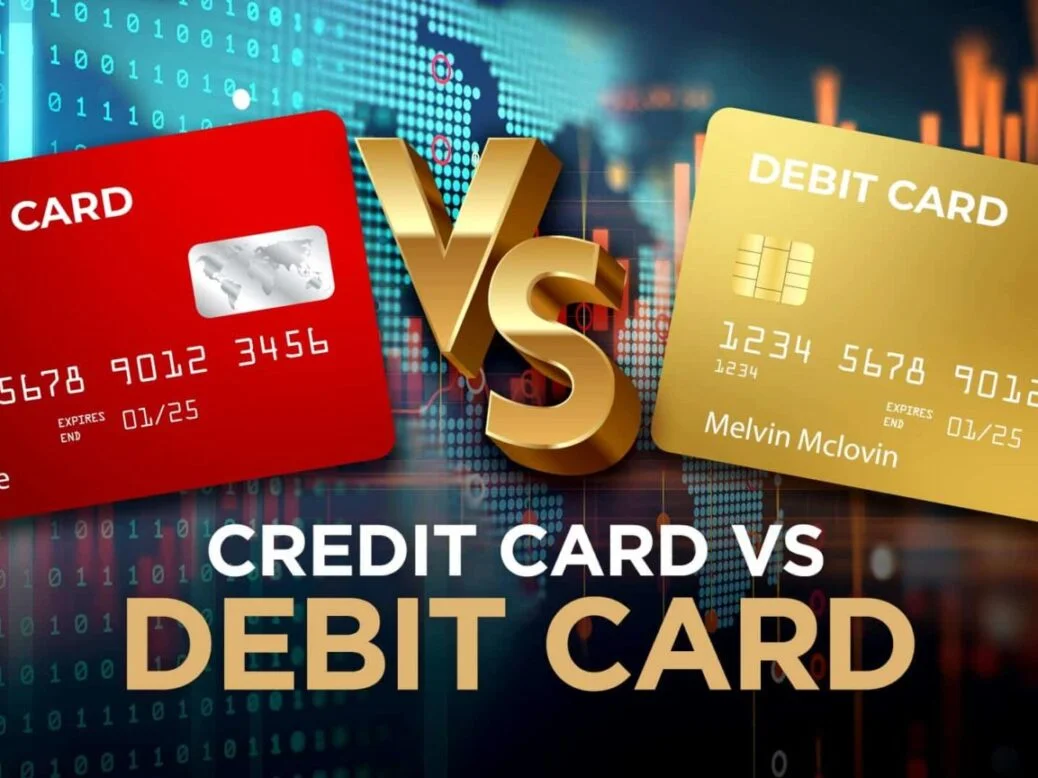When choosing between payment methods, understanding the pros and cons of each can be crucial. Specifically, deciding between debit and credit cards in the United States requires a clear comparison. Should you opt for a debit card, pulling directly from your bank account, or a credit card, where you can build a credit history? Let’s delve into the nuances of each.
Understanding the differences between these financial tools can not only influence convenience and spending habits but also impact your financial health. By examining the benefits and disadvantages of each, we can determine which might be the better option for different scenarios.
Understanding debit cards

For individuals aiming to maintain strict control over their finances, a bank-issued card directly linked to a checking account can be an excellent choice. This payment method allows you to spend only what is available in your account, helping you avoid the risk of debt accumulation. Every transaction is immediately deducted from your bank balance, offering simplicity and transparency.
Many people value the straightforward nature of these cards. Purchases are reflected in your account almost instantly, providing real-time insight into your financial situation. Additionally, these cards typically avoid interest charges and annual fees, making them a cost-effective option for everyday spending.
However, there are certain drawbacks to consider. Unlike credit cards, these cards rarely provide rewards, cashback, or purchase protection benefits. They also carry the risk of fraudulent transactions directly impacting your available funds. While federal liability caps exist to reduce this risk, the potential for temporary financial disruption remains.
Immediate financial impact
One of the key advantages of using a card linked directly to your checking account is its immediate impact on your finances. Payments are instantly debited, making it easier to manage and track your spending in real-time. This transparency helps you stay in control of your finances without the delays often associated with other payment methods.
This payment method also reduces the risk of overdrawing your account or accumulating debt since you can only spend what is available. It’s especially useful for individuals adhering to a strict budget, as it naturally encourages disciplined spending habits.
However, there are some downsides to consider. If your balance is low, transactions may be declined, which can be inconvenient. Moreover, some merchants may place temporary holds on funds, such as for hotel bookings or car rentals, reducing your available balance until the hold is released, potentially affecting your cash flow.
Limited rewards and protections
Unlike credit cards that often reward users with points, cashback, or other incentives, traditional bank-issued debit cards typically do not offer these benefits. Credit cards frequently come with attractive rewards programs, providing added value to your purchases by earning points for travel, merchandise, or discounts. These perks can make a significant difference for individuals who use their cards regularly for both everyday and large purchases.
In addition to rewards, credit cards often provide more robust purchase protections. These include coverage for items that are lost, damaged, or stolen, which can be particularly valuable when making high-value purchases or buying from unfamiliar merchants. Such protections can offer peace of mind and financial security in unexpected situations. While debit cards excel in enabling efficient and budget-friendly spending, they lack the extra benefits and safeguards associated with credit cards, which can enhance the overall spending experience and provide additional value.
The benefits of credit cards
Choosing a credit card comes with its own set of advantages, especially when it comes to building credit history and earning rewards. A strong credit history can open doors to financial opportunities, such as favorable terms on loans, mortgages, and even rental agreements. Many credit cards offer enticing incentives like cashback, travel points, and discounts, making them particularly appealing to frequent users who can maximize these benefits.
In addition to rewards, credit cards often include valuable perks such as extended warranties on purchases, robust purchase protections, and travel insurance. These features provide an added layer of security and peace of mind, particularly for big-ticket items or international travel. However, responsible use is crucial. Carrying an unpaid balance month-to-month can lead to steep interest charges, quickly eroding the benefits. Mismanagement can also harm your credit score, emphasizing the importance of timely payments and prudent spending.
Building credit history
One of the most significant benefits of using a credit card is the opportunity to establish and build your credit history. Making consistent, on-time payments demonstrates financial responsibility and contributes positively to your credit score. A good credit score is often a key factor in securing favorable financial opportunities, such as qualifying for a mortgage, auto loan, or personal loan. Additionally, a strong credit profile can result in lower interest rates and more advantageous loan terms, saving you money over time.
However, credit cards must be used responsibly. Missed payments or maintaining a high balance relative to your credit limit can harm your credit score, making future borrowing more challenging and costly. Therefore, it’s essential to monitor your spending, pay off balances in full whenever possible, and ensure that payments are made on time to maximize the benefits of credit card use while avoiding potential pitfalls.
Incentives and protections
Beyond helping you build a strong credit score, many credit cards come with enticing rewards programs tailored to different spending habits. These rewards often include cashback on purchases, travel points, or discounts on specific categories like dining, groceries, or fuel. Such perks can make credit cards an appealing choice for maximizing the value of everyday spending.
Additionally, credit cards often provide extra layers of protection. These benefits may include extended warranties on purchases, purchase insurance to safeguard against damage or theft, and robust fraud protection. For frequent online shoppers or travelers, these features offer added security and peace of mind.
However, while rewards and protections are attractive, it’s essential to use credit cards responsibly. The lure of rewards should not lead to unnecessary spending or accruing debt. To fully benefit from a credit card, always aim to pay your balance in full each month, avoiding high-interest charges and maintaining financial control.





